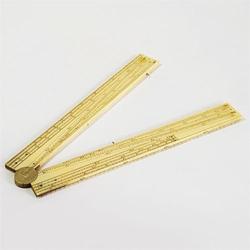Ivory
The Department for Environment, Food & Rural Affairs (Defra) announced that it intends to introduce legislation that will prohibit the trade in ivory of any age in the UK, with narrow exemptions, after a public consultation in late 2017. The ban will build upon, rather than replace, current CITES rules.
The government intends to exempt only a narrow range of items containing ivory from the sales ban. The ‘antiques exemptions’ concern pre-1947 objects that contain less than 10% by volume of pre-1947 ivory; items that are at least 100 years old and deemed the ‘rarest and most important items of their type’ and a specific exemption for portrait miniatures that are at least 100 years old. Also exempted are musical instruments with an ivory content of less than 20% which were made prior to 1975.
This rule will effectively prohibit the sale of many objects and is being questioned by the trade. It allows the sale of a Georgian mahogany chest of drawers with ivory escutcheons and might permit the ivory inlays on a Victorian workbox that are equivalent in volume to the veneers of the portrait miniatures that have escaped the axe. But the de minimis is so low that silver cutlery for example with a solid ivory handle will in all probability fail to be acceptable. this will mean that Georgian and Victorian silver cutlery with ivory handles can no longer be sold. Instead, to cash in on the value of their silver content, a seller would have to remove the handle and sell the item as scrap.
‘Rarest and most important items of their type’ are described by Defra as “items made of, or containing, ivory, which are assessed as of outstandingly high artistic, cultural or historical value”. It adds that decisions will be made by “a limited number of institutions, such as selected museums” using guidance drawing on “existing criteria used by government to assess works of art for pre-eminence and national significance”. There are countless ivory antiques that are carved and worked in ingenious ways but only a small percentage would be deemed ‘rare’ or ‘important’
Anyone wishing to sell an item under the de minimis, musical instrument or portrait miniature exemptions will be required to register their items via an online system managed by the Animal and Plant Health Agency (APHA). A fee will be charged. To qualify for the ‘rarest and most important item of its type’ exemption, sellers will again have to register items and pay a fee. The APHA will seek advice from an institution in the relevant field to decide whether the item meets this exemption before issuing a permit for sale to the owner.


